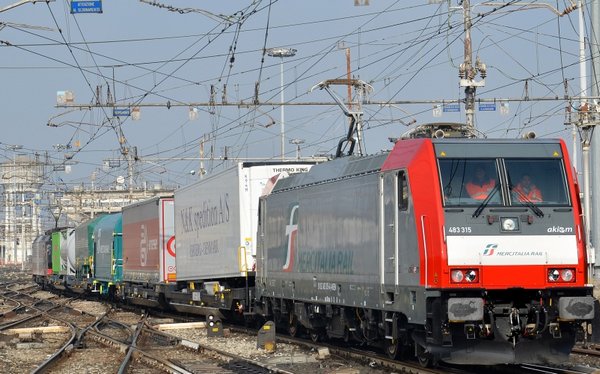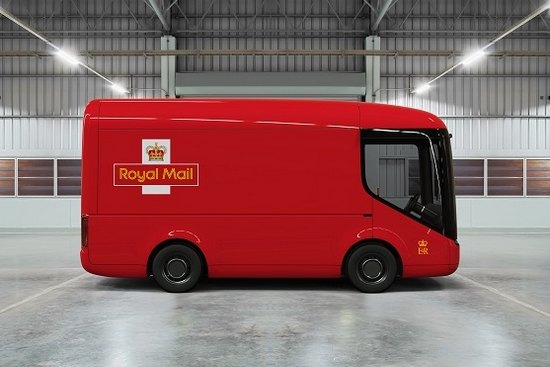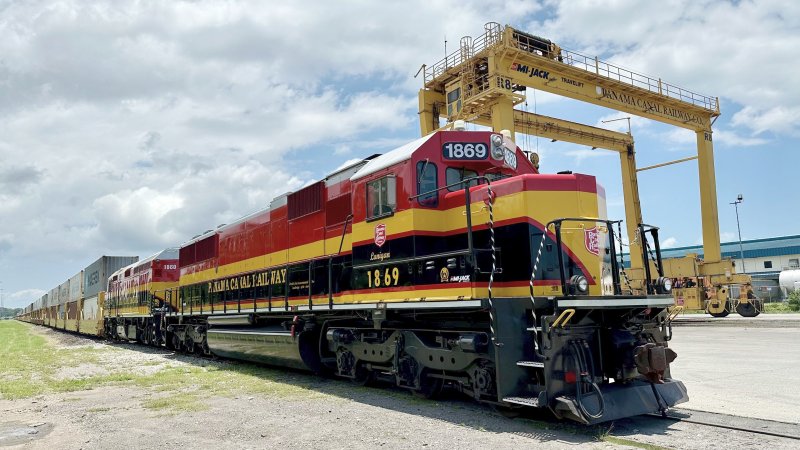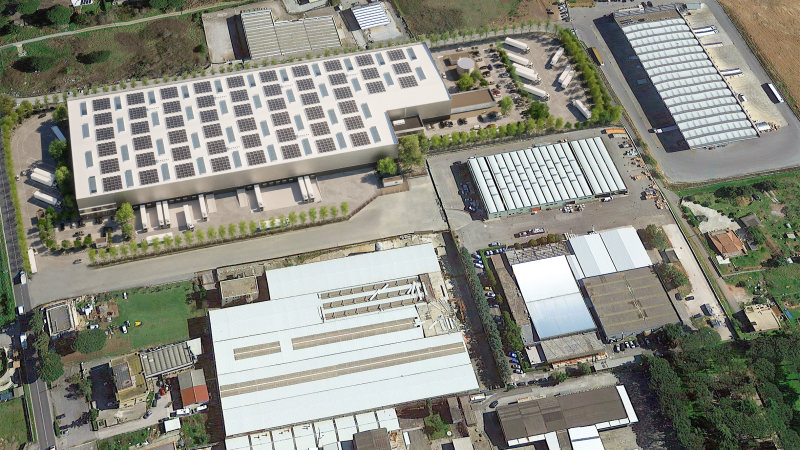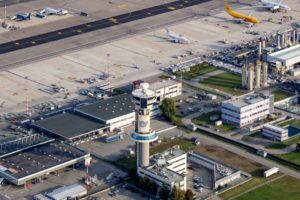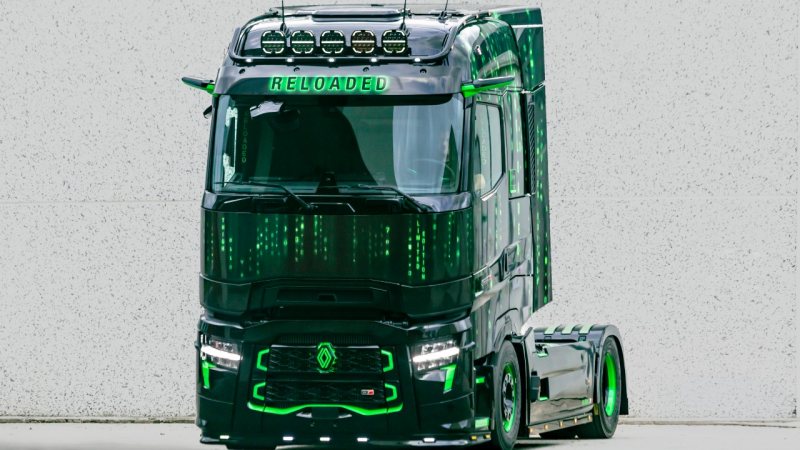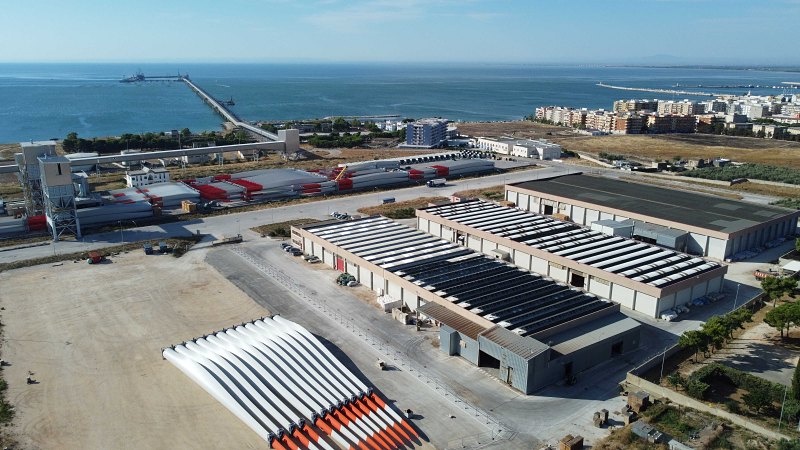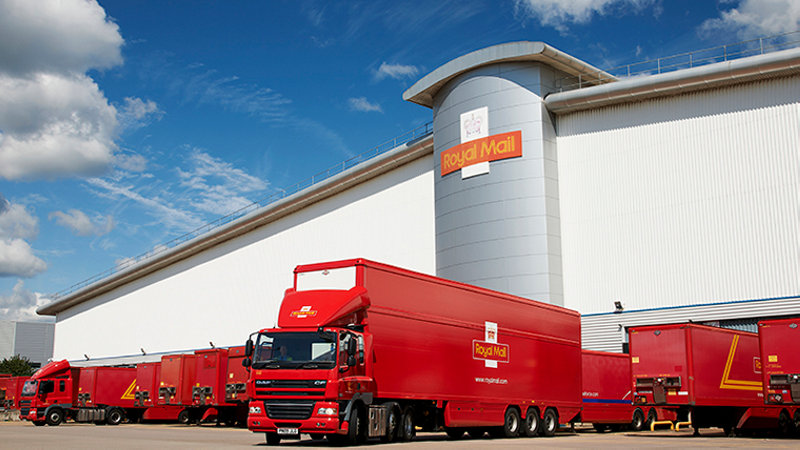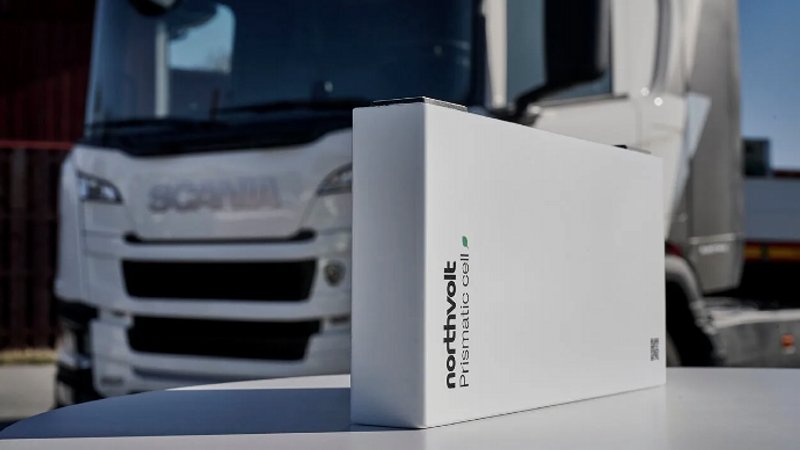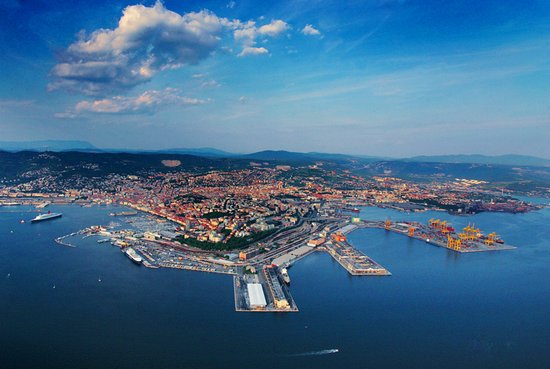The Parma-based logistics firm Number 1 Logistic Group revealed on 1 April that it had acquired the Italian logistics activities of FM Logistic. In a statement, the Italian company explained that the deal would enable it to “achieve a market share of over 25%, particularly reinforcing its presence in the beauty care sector and in temperature-controlled logistics.” The integration of FM Logistic’s Italian division will bring in an annual turnover of 60 million euros and around two hundred employees. The financial terms of the transaction were not disclosed. The Corteolona platform remains excluded from the deal and will continue to be managed by FM Logistic.
“The growth of Number 1 has always been driven by a clear vision: innovation, creating value for communities, constant attention to people, and sustainability,” said Davide Villani, chairman and chief executive officer of Number 1 Logistics. “This acquisition allows us to consolidate our market position and offer an increasingly efficient and innovative service to both current and prospective clients. The integration of the new hubs in Capriata d’Orba (Alessandria) and Vellezzo (Pavia) further expands our operational capacity, enhancing our range of logistics solutions.”
FM Logistic provides advanced logistics services in Italy, including multimodal transport, warehousing and solutions for e-commerce. The company has invested in innovative technologies to optimise the logistics chain and reduce environmental impact. Its main offerings in Italy include urban logistics, with sustainable last-mile delivery solutions using more than 800 vehicles operating in over 50 cities; intermodal transport, with national and international coverage through end-to-end solutions that include road, sea and air freight; and omnichannel services, managing the full logistics chain for e-commerce from order intake to delivery and returns.
Number 1 Logistic Group was established in 1997, originating from Barilla’s logistics operations, and is now owned by the Fisi Group. Its network includes nine hubs and 29 transit points, served by a fleet of around three hundred tractors and five hundred semi-trailers. The company employs over 450 people and delivers approximately 1.8 million tonnes annually.


